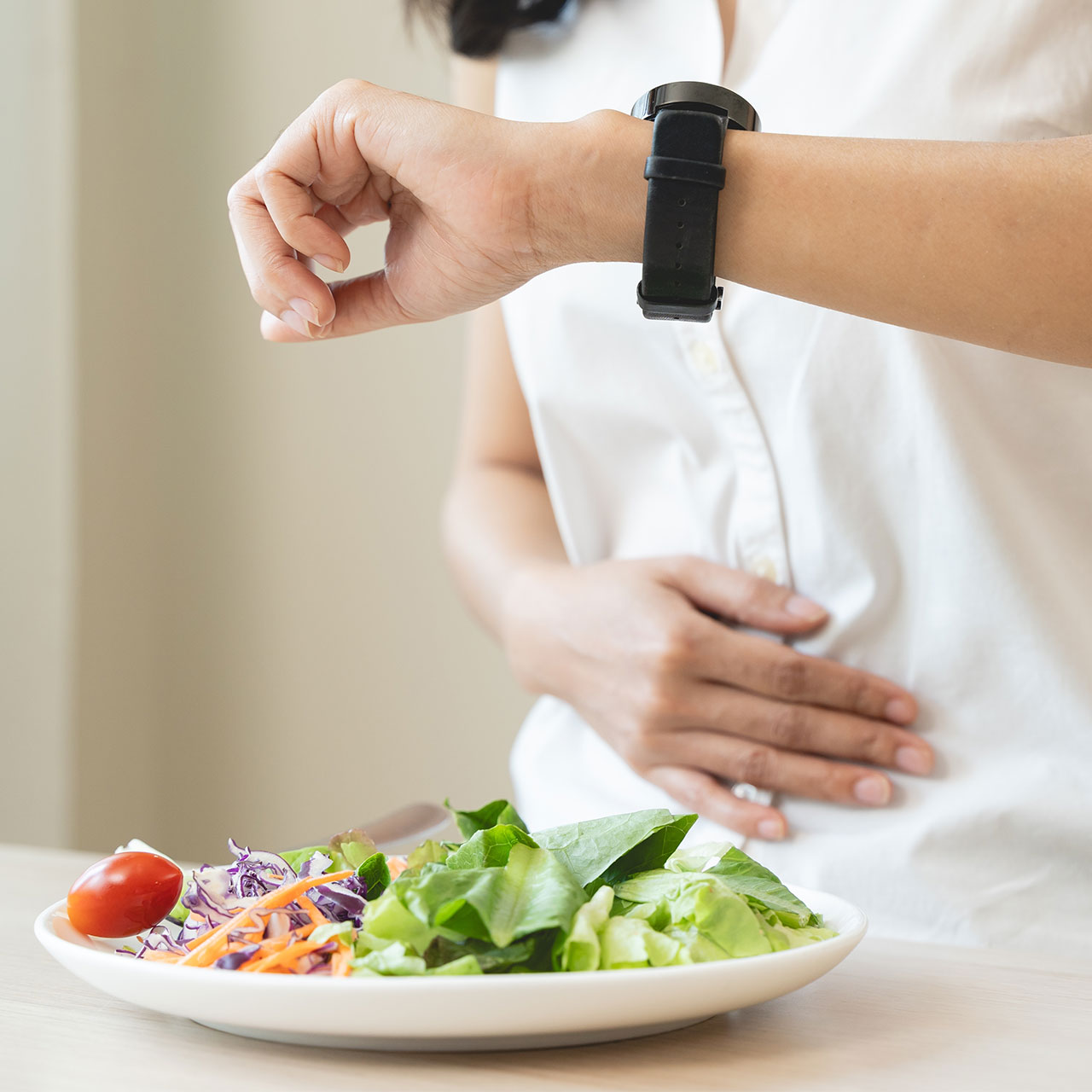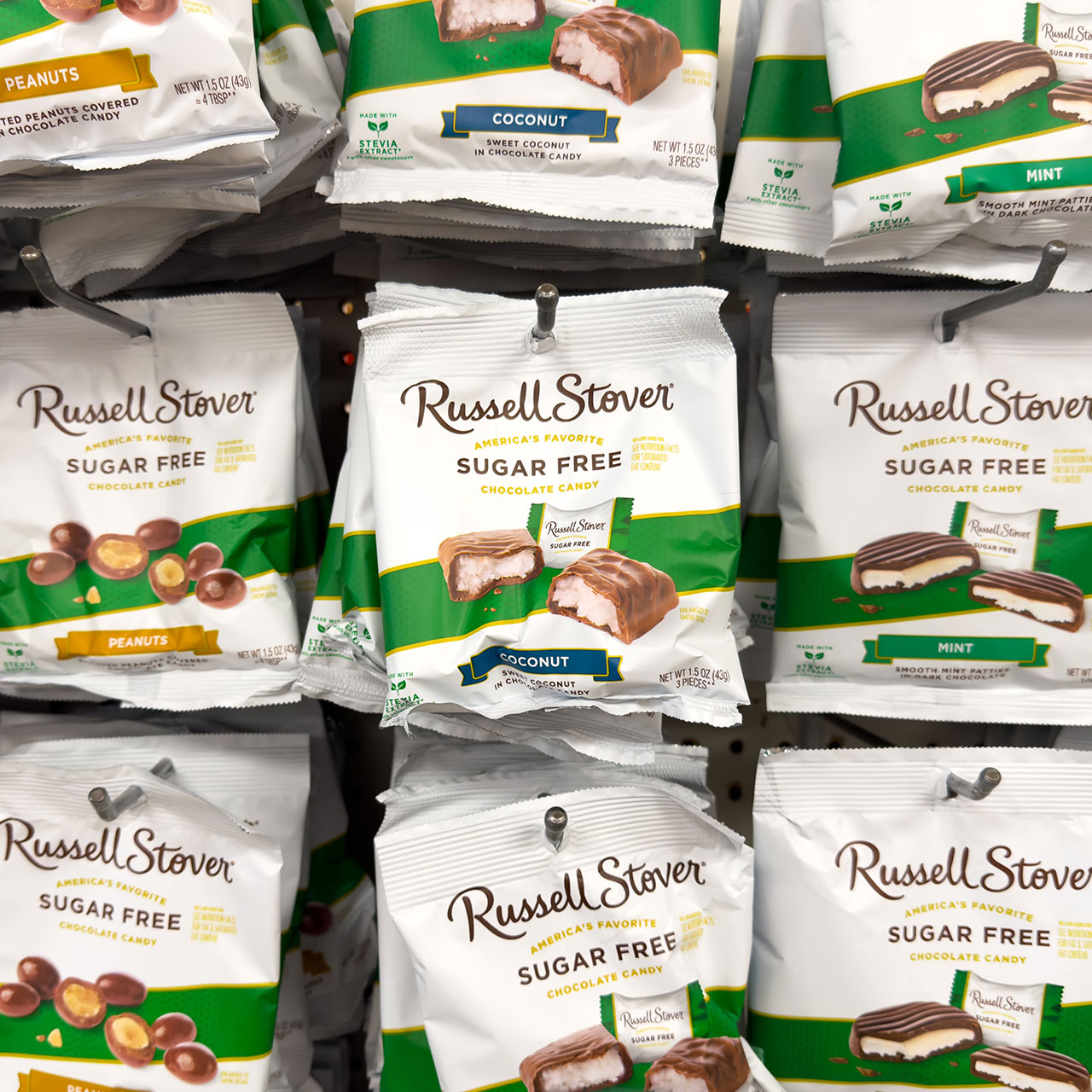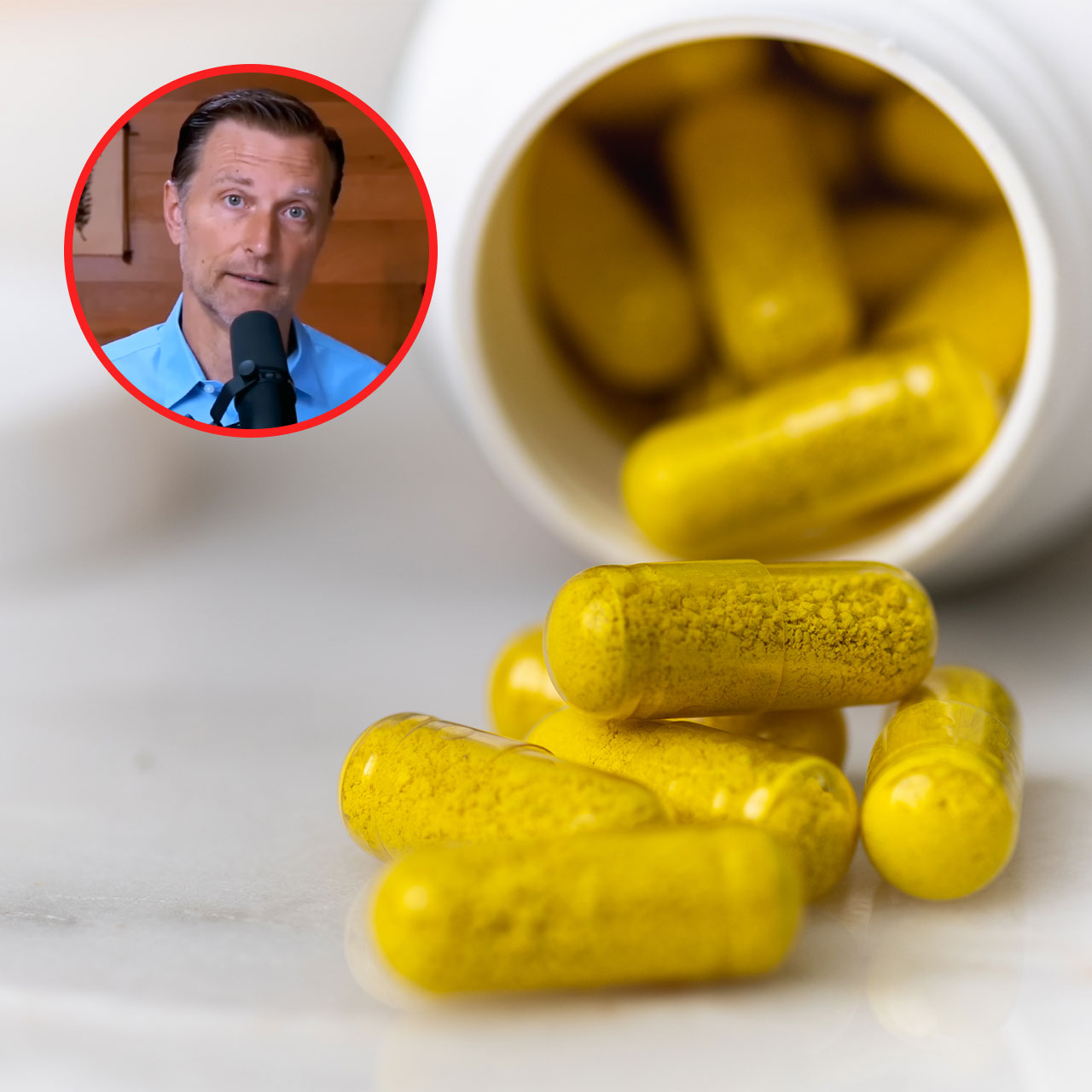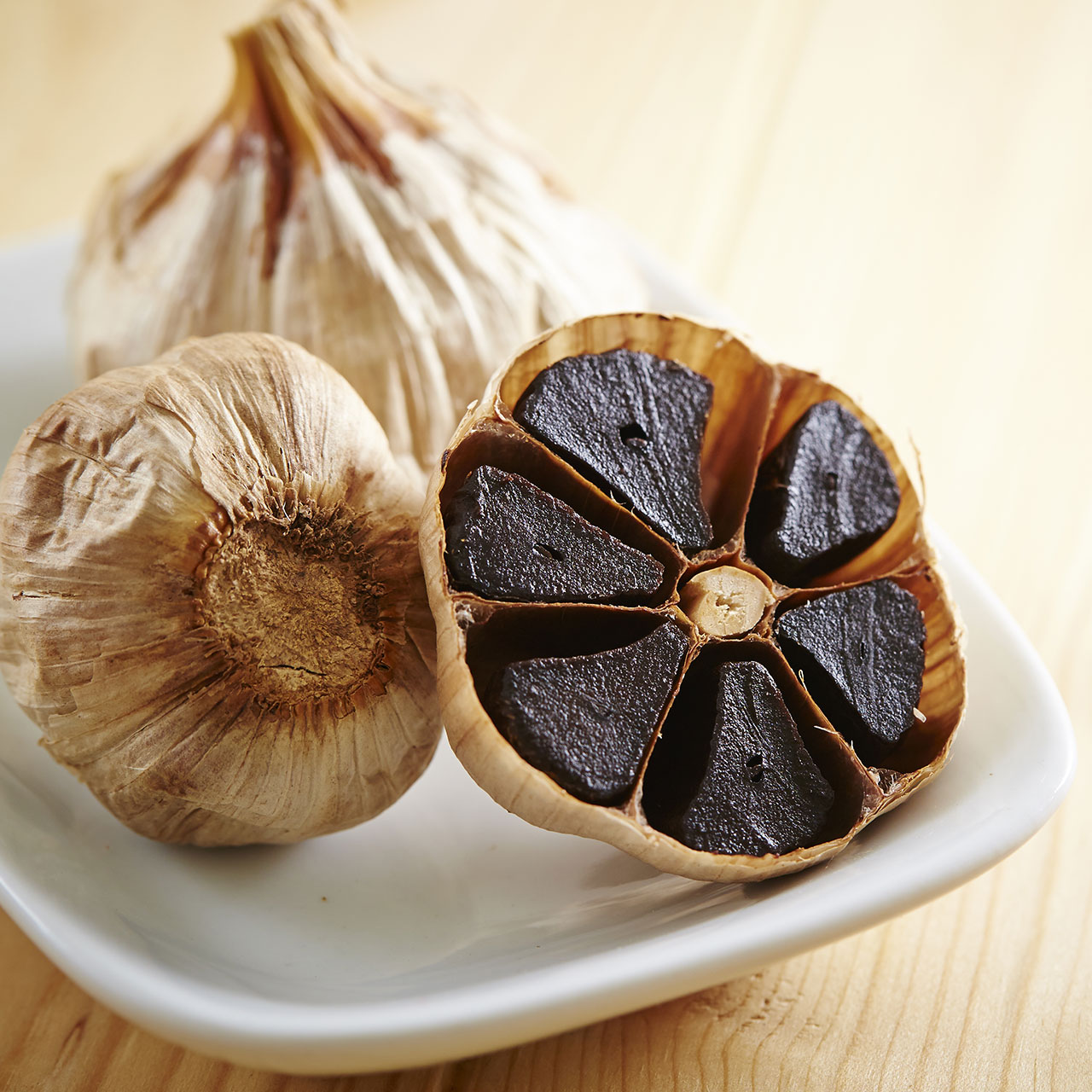This is an archived article and the information in the story may be outdated. Please check the time stamp on the story to see when it was updated last.
Weight loss and fat-burning efforts are never easy. And, because of a combination of factors like a slower metabolism and hormonal changes, it becomes even more of a challenge to lose weight as we age.
The most effective way to stay on top of weight gain and to manage your weight is by meal planning and including plenty of high-protein, low-sugar foods in your diet, as well as healthy green vegetables and fruits. Exercise is important, as is sleep — as is making sure you have enough of the right vitamins in your diet that boost your metabolism.
This is the one vitamin you should be having every morning for a faster metabolism over 50.


B Vitamins
Some vitamins and minerals are simply more effective at boosting your metabolism and helping you lose weight and burn fat — assuming always that you are making the right dietary changes to support that goal (because pills can only do so much).
In one study, experts found that B vitamins increased the metabolism of rats that were fed a high-fat diet, making it possible for them to lose more weight, despite their high-fat diets.
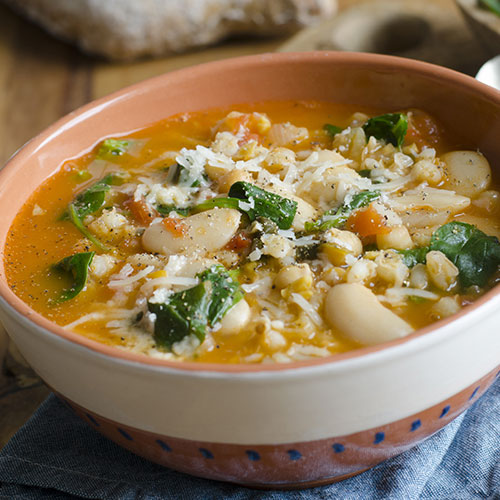
There are eight B vitamins in the B vitamin category — and all play a role in helping your body convert food into energy. And though each B vitamin does something slightly different, they work together in perfect harmony to ensure your metabolism is functioning properly.
According to Healthline: “Thiamine (B-1), for example, helps the body cells convert carbohydrates into energy. In other words, low levels of one or more of these vitamins means your metabolism won’t be functioning at its best. This makes losing weight even harder.”
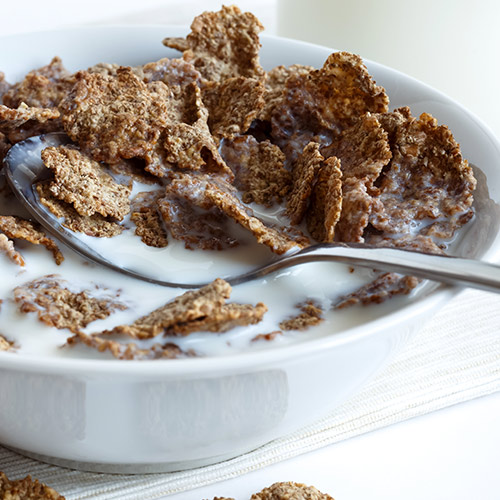
Taking a B-complex vitamin supplement is an easy, fool-proof way to ensure you are getting enough of this nutrient, and it’s especially important if you do not feel your diet is great these days.
But the best way to obtain any vitamin or mineral is through whole foods.
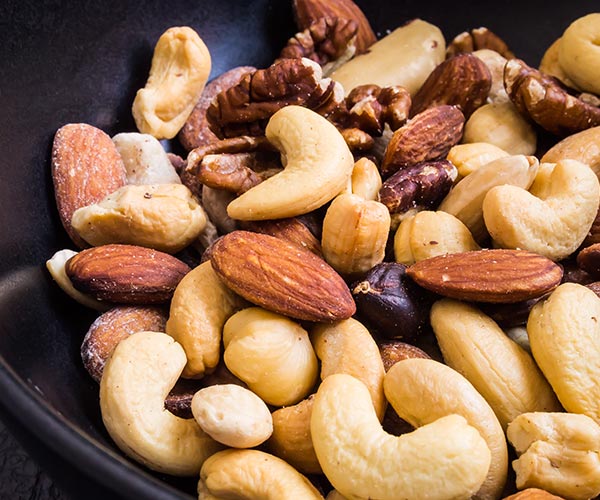
Given the number of foods that contain B vitamins, it shouldn’t be a problem to get these nutrients from whole foods. You’ll find B vitamins in legumes and beans, nuts and seeds, meat, whole grains, eggs and cheese, and dark, leafy vegetables like spinach and kale.
The one B vitamin that you can’t find in plant-based products is B12 — which is why it’s more common to suffer from a B12 deficiency if you follow a vegan or vegetarian diet. Your best bet in this case is to either take a separate B12 supplement or a B-complex vitamin that contains all of the B vitamins you need to stay healthy.














